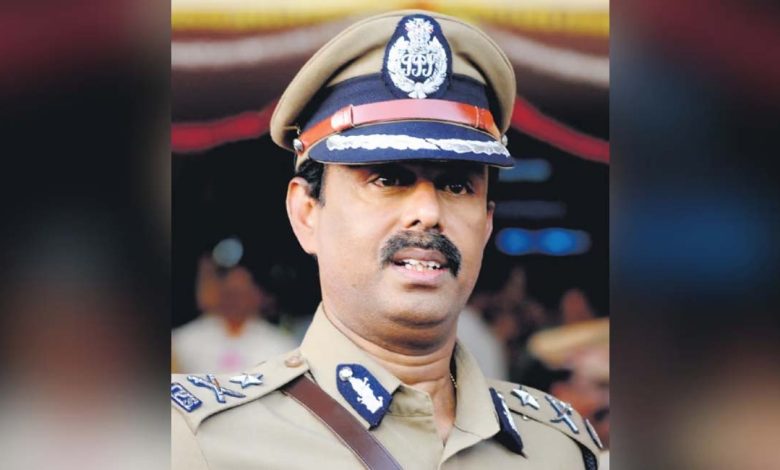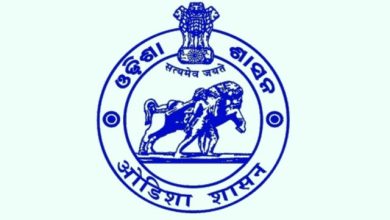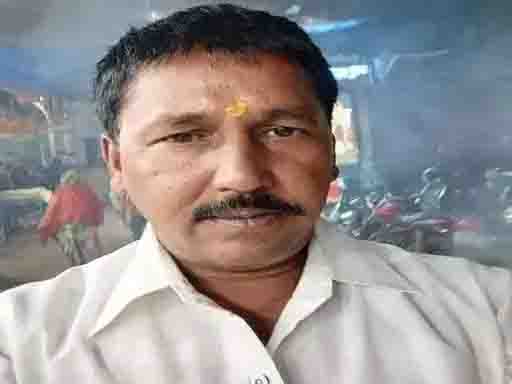Madras High Court to hear the case of former IPS officer again on August 28

CHENNAI: Questioning the Enforcement Directorate on certain money laundering cases fizzling out before reaching the logical conclusion owing to the quashing of the predicate offence FIR, the Madras High Court on Friday held that such cases registered by the ED under the Prevention of Money Laundering Act (PMLA) cannot be allowed to be washed away.
A division bench of Justices S M Subramaniam and R Sakthivel made the comments when it asked the ED counsel to submit explanations to the queries regarding dropping of money laundering cases, particularly against former IPS officer Jaffar Sait.
The ED had registered the money laundering case against Sait based on an FIR registered against him by the DVAC during the AIADMK regime over alleged illegal allotment of a housing plot. The DVAC FIR was later quashed.
On Wednesday, the bench had quashed the money laundering case against Jaffar Sait since the predicate offence case had been quashed. However, on Friday it sought clarification as it found certain complications in the case. The division bench said the matter will be “reheard” on August 28.
Saying that there are “contradictory decisions” regarding money laundering cases, the bench questioned the purpose of registering cases under Section 3 of PMLA if the cases are quashed one after another due to the quashing of predicate offence cases.
“Once the element of money laundering is identified under Section 3, which is a standalone section, and you (ED) have investigated the matter, where does the offence (of money laundering) go off,” the bench wondered. “Are you selectively taking action (to go for appeal against quashing),” asked the court.
Holding that an offence cannot disappear once there is a regime change, the bench said as soon as there is a change of guard a modus operandi is followed to file closure reports and quash petitions and subsequently, cases are getting quashed.
“Then why are you filing cases? To create a wrong impression in the public domain (against persons accused in the case),” the judges asked N Ramesh, the special public prosecutor for ED.
The judges asked whether it is not the duty of the central agency to take the money laundering case to its “logical end” once it has conducted the investigation and money laundering is traced out.
Expressing concern over money laundering cases getting quashed one after another, the judges wanted the ED to devise a mechanism to sustain the cases and noted that if the matters are decided “in an arithmetic manner” it would lead to “miscarriage of justice”.
“When you have investigated a standalone offence and the money laundering offence is established, how can it be allowed to be washed away,” the bench asked the ED counsel to explain, besides advising him to move appeals against quashing of such cases. “If you are not going for appeal, why have you unnecessarily harassed a person, then? When you are dropping action, the harassment to the accused persons (has already been done),” the bench said.
Plea to bar tn consumer forum: court asks centre, tn to reply
Chennai: The Madras HC has directed the central and state governments to respond in a case seeking to prohibit the Tamil Nadu State Consumer Grievance Redressal Commission from hearing and deciding cases with a single member. According to the Consumer Protection Act, consumer courts should function with a chairperson, a judicial member and expert members. However, the Tamil Nadu consumer redressal forum is functioning with only the chairperson. Vimal Menon, a resident of KK Nagar, Chennai, filed a case in this regard in the High Court. ENS





